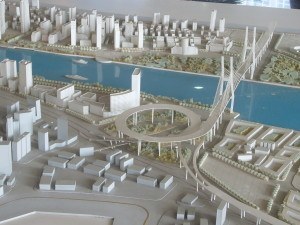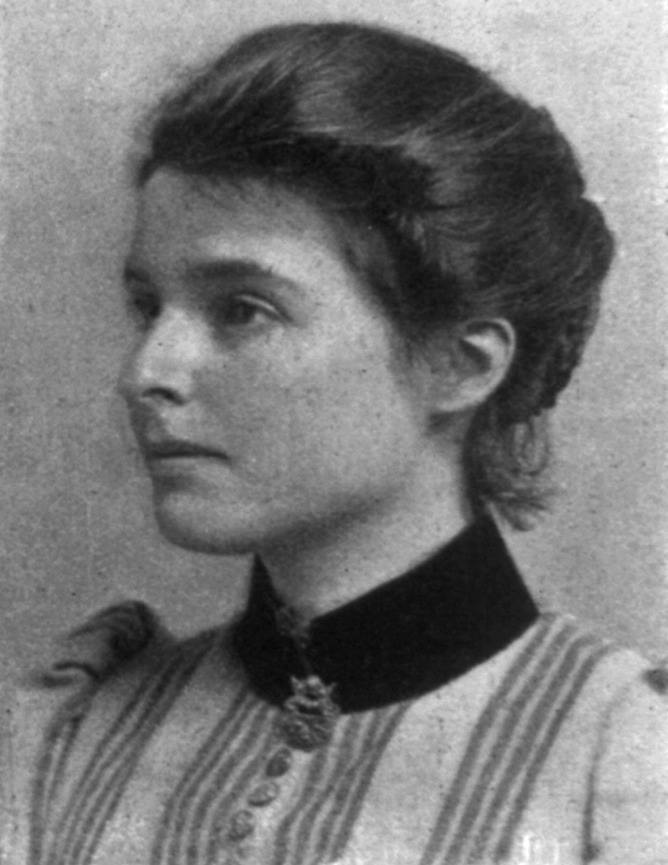How to Use Models
One key skill development workers need is how to use models. They are in practice mentors for activists. So, they need to know how to read the situation in a neighbourhood to support local activists. This is the fourth post about these four topics:
If I were mentoring a development worker or activist and suggested a model that might apply to their work, I would monitor how the worker or activist used the model.
Models can be seductive and when they seduce us, we surrender our critical faculties to them. The model becomes prescriptive.
Models are better understood as descriptive. They help the development worker look at and understand what is happening in their community. Models do not and should not tell the worker what to do. What workers do should come out of the conversations they have with local residents and conversations can be informed by a model.
Models Generate Questions
Perhaps a worker might use a model to generate questions about what is going on in the neighbourhood. The conversations generated by these questions can be inspiration for the worker and for activists.
If a model suggests an organisation in most successful communities carries out a particular function, it does not mean your community needs a new organisation to carry out that function. In conversation you may find the function happens in ways not immediately obvious. Or you may find an entirely different approach that works around the lack of the function locally.
Models inspire conversations and so generate new, home-grown ideas. Remember, nothing should be attempted just because it worked somewhere else. Maybe the way the other community generated their idea is what you need to copy.
Leave a comment if you have experienced positive or negative use of models. Maybe you have introduced an idea from somewhere else and it worked!
Next time, I’ll introduce my key model. It pulls together many of the issues I’ve covered so far.



